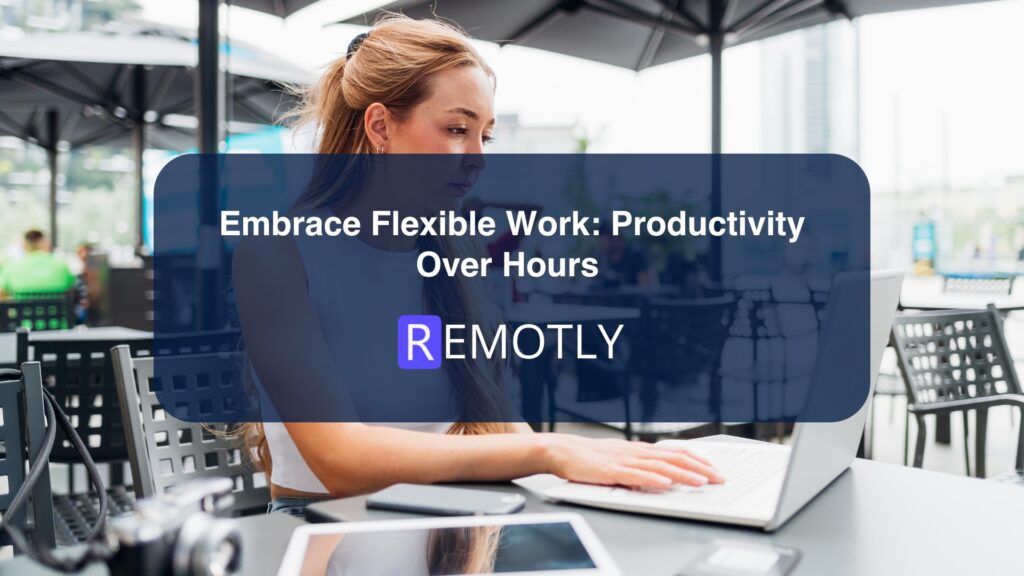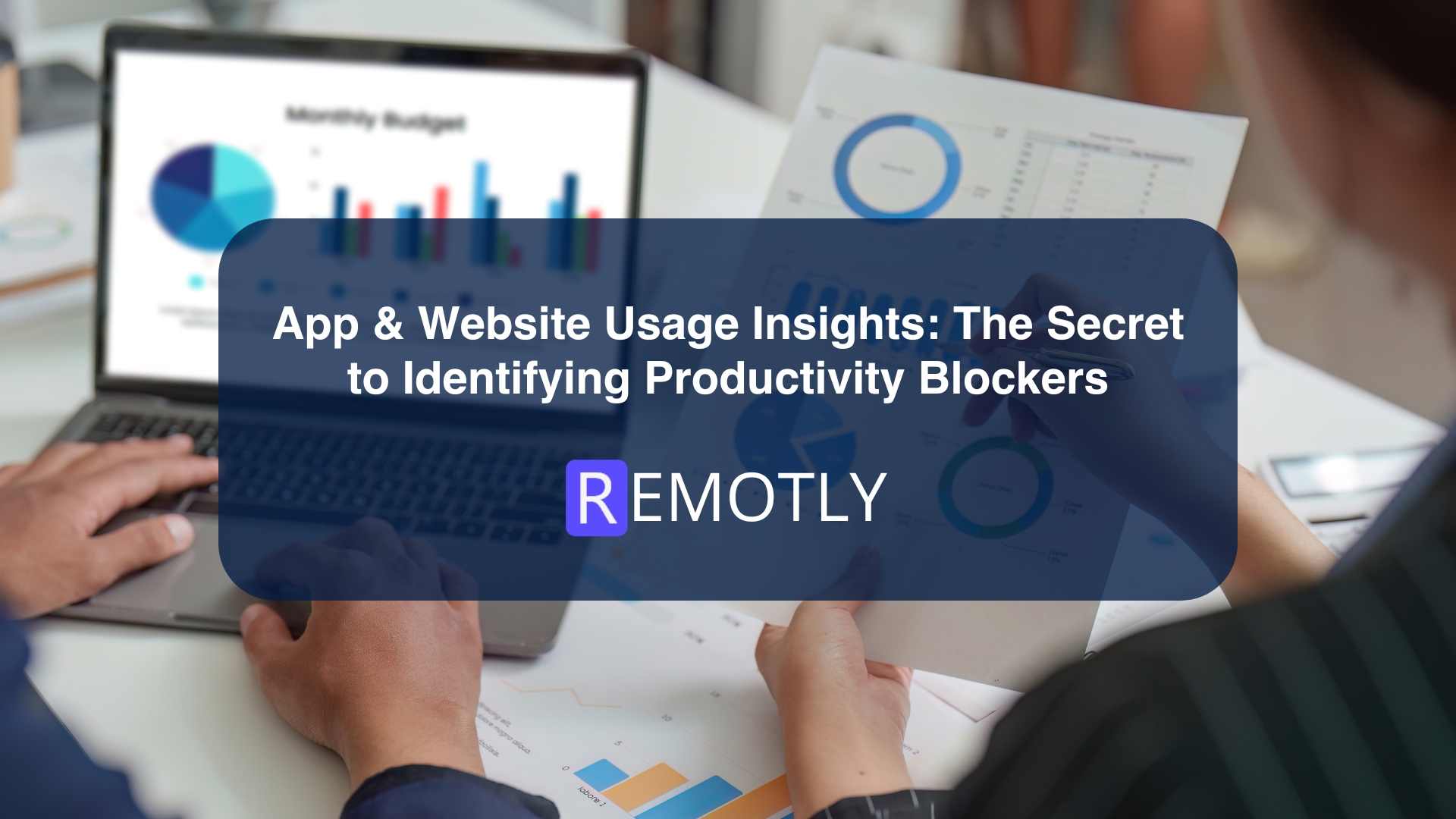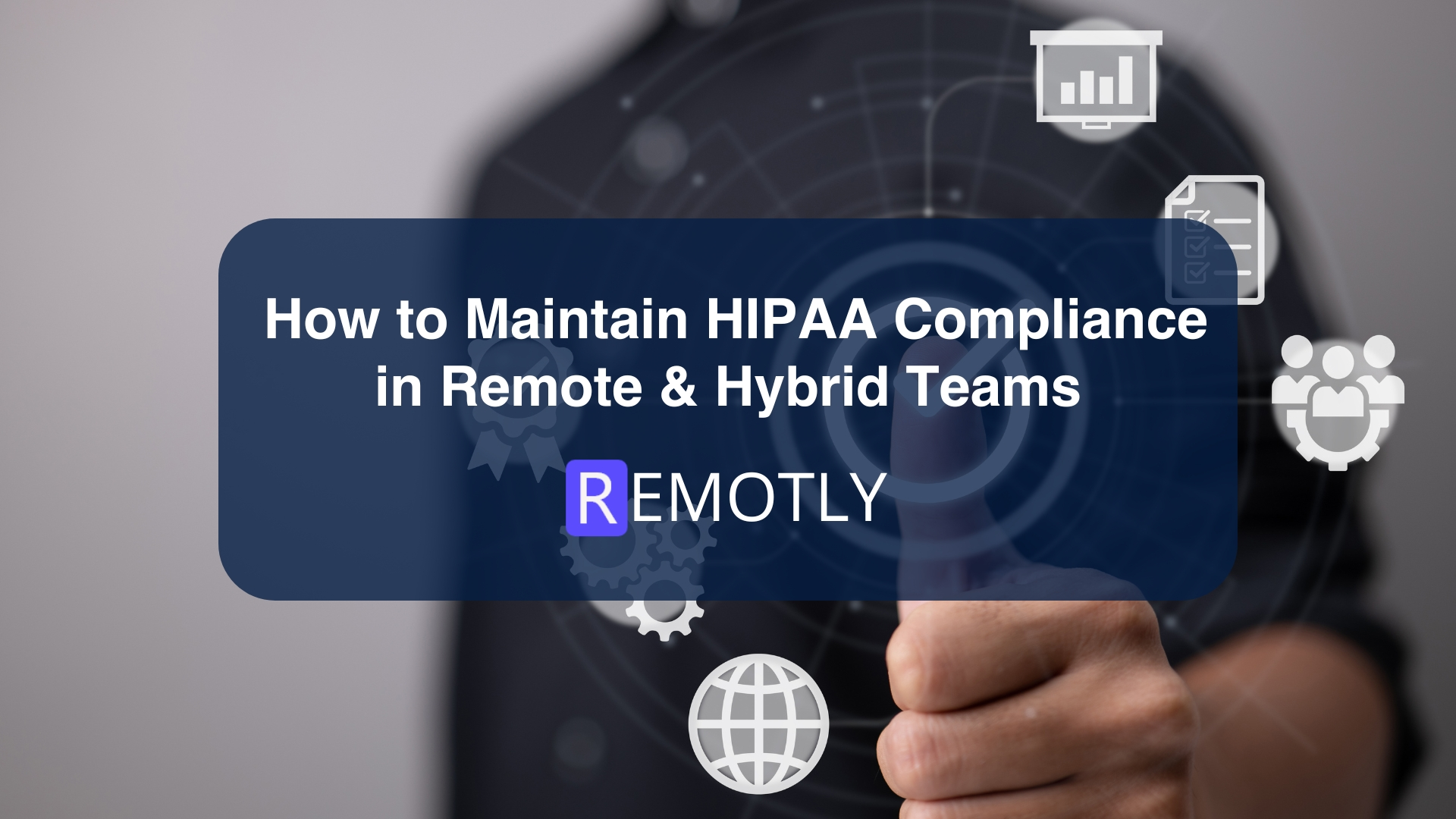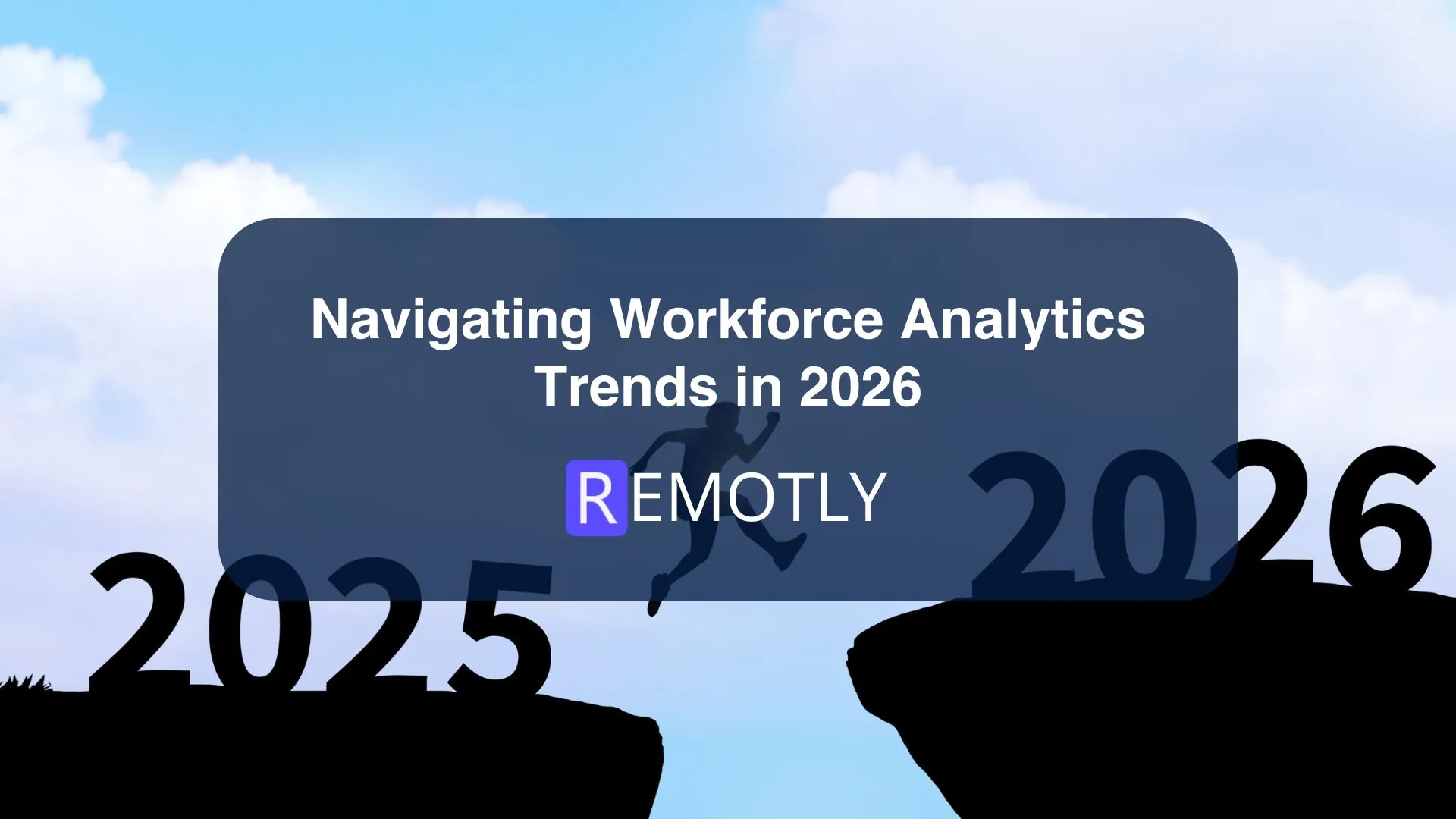In today’s workplace, flexibility is no longer a perk—it’s an expectation. Remote and hybrid work models have transformed how businesses measure performance, shifting the focus from clocking in hours to delivering meaningful results.
Instead of watching the clock, forward-thinking organizations are using AI productivity tools, productivity tracking software, and employee productivity tracking software to ensure both work efficiency and transparency.
The central question becomes: how do you track productivity without tracking hours? The answer lies in smarter task management, advanced task automation tools, and a culture of accountability.
Why is the Traditional 9-to-5 Model Fading?
For decades, productivity was measured by hours worked. Being “at your desk” equaled efficiency, regardless of actual results. But with global teams, digital collaboration, and new expectations, this outdated model no longer works.
Today, employees expect:
- Flexibility: choosing when and where they work best
- Autonomy: focusing on outcomes instead of micromanaged hours
- Work-life balance: reducing burnout and improving engagement
Companies are realizing that tracking employee productivity based on results delivers far better insights than monitoring hours.
How Can You Track Productivity Without Micromanaging?
Instead of asking, “How many hours did you work?”, modern leaders ask: “What did you accomplish?”
This is where employee productivity tracking software plays a vital role. Platforms like Remotly allow managers to measure:
- Completed tasks and milestones
- Time spent on productive vs. unproductive activities
- Patterns of focus and distraction
- Team-level performance trends
The result? Leaders gain clarity into task management and time management, while employees enjoy the freedom of flexible schedules.
What Role Do AI Tools Play in Flexible Work Productivity?
The rise of AI productivity tools and AI task managers has transformed outcome tracking. With AI, businesses can:
- Automate repetitive work using task automation tools, freeing employees for high-value tasks
- Detect workflow bottlenecks and recommend improvements for work efficiency
- Provide personalized productivity insights through behavioral analysis
- Enable performance monitoring without invasive tracking methods like screenshots or keystrokes
By combining AI with flexible work policies, companies balance accountability with autonomy.
What Are the Benefits of Tracking Productivity Instead of Hours?
Organizations that use productivity tracking software over rigid time tracking experience multiple benefits:
- Improved Work Efficiency – Employees focus on results, sparking creativity and problem-solving.
- Better Time Management – Clear insights into task completion help employees prioritize effectively.
- Higher Engagement and Morale – Flexibility fosters trust and reduces stress.
- Data-Driven Decisions – Employee productivity tracking software provides actionable insights for leaders.
- Scalability Across Remote & Hybrid Teams – Fair performance tracking regardless of time zone.
How to Track Employee Productivity in Flexible Work Models
Shifting to outcome-based performance monitoring requires the right approach. Here are proven strategies:
- Set Clear Goals and Expectations – Define measurable KPIs, deadlines, and success metrics.
- Use Employee Productivity Tracking Software – Tools like Remotly provide real-time dashboards, trends, and activity reports without micromanaging.
- Focus on Task Management Over Hours – Ask “Was it done well?” instead of “How long did it take?” An AI task manager helps ensure nothing is missed.
- Monitor Work Patterns for Insights – Track when employees are most productive and optimize schedules.
- Encourage Autonomy with Accountability – Flexible work builds trust, while transparent tracking keeps teams aligned.
Why Flexible Schedules + Productivity Tracking = The Future of Work
The modern workforce thrives on flexibility. Research shows companies offering flexible schedules achieve:
- 43% higher employee retention
- 55% improved job satisfaction
- 35% boost in productivity metrics
This proves that pairing flexible schedules with productivity tracking software drives stronger results. With AI productivity tools, task automation tools, and employee productivity tracking software, businesses create scalable, efficient, and people-first work models.
How Remotly Supports Flexible Work Cultures
At Remotly, productivity is measured by outcomes—not hours. Our platform helps organizations:
- Track real-time productivity trends with intuitive dashboards
- Classify apps and websites as productive or unproductive
- Optimize scheduling with task management insights
- Offer performance monitoring without invading privacy
- Deliver AI-driven recommendations to improve work efficiency
Whether your teams are remote, hybrid, or in-office, Remotly ensures you’re tracking employee productivity—not just hours worked.
Final Thoughts: Is Your Business Ready for the Future of Work?
The rise of flexible work is not just a trend—it’s the future. By embracing employee productivity tracking software, organizations can unlock higher engagement, efficiency, and accountability.
With the right mix of AI task managers, productivity tracking software, and task automation tools, businesses gain deep insights into performance while giving employees freedom to work at their best.
In the end, tracking productivity without tracking hours is about building trust, empowering employees, and driving meaningful results.
FAQ’s
How can companies track productivity without monitoring hours?
By using employee productivity tracking software that measures outcomes, task completion, and work patterns instead of time spent.
Are AI productivity tools better than traditional tracking methods?
Yes. AI task managers and automation tools reduce repetitive work, analyze behavior patterns, and provide smarter insights without micromanagement.
What are the biggest benefits of productivity tracking software?
Improved time management, increased engagement, stronger data-driven decisions, and scalability across remote and hybrid teams.
Does flexible work reduce productivity?
No. Research shows flexible work combined with productivity tracking improves retention, satisfaction, and overall output.




